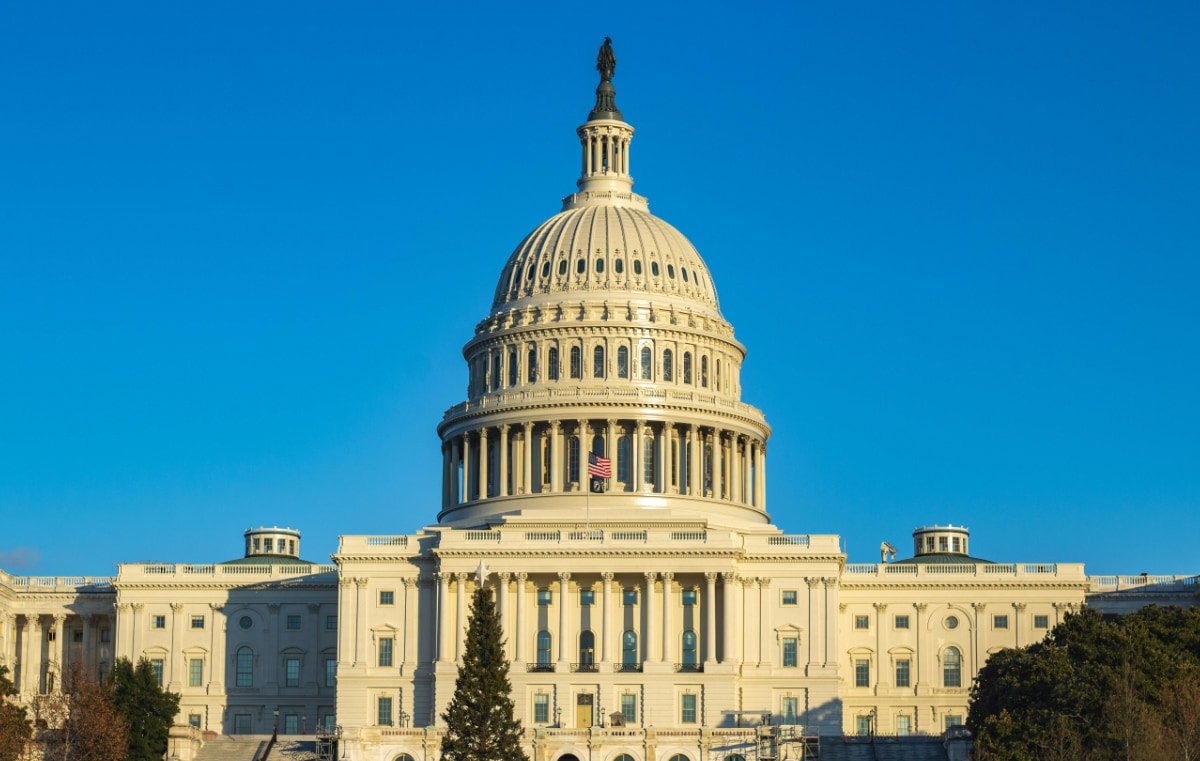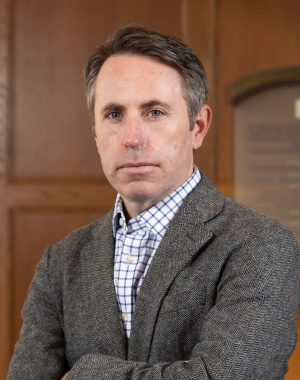
As the U.S. Senate debates the One Big Beautiful Bill Act of 2025, University of Michigan experts are available to discuss elements of the proposed spending plan that stand to leave a mark on health, health care and public health.
The bill calls for substantial funding cuts or new requirements for Medicaid, Medicare, the Supplemental Nutrition Assistance Program, or SNAP, the Affordable Care Act and other health-related and safety net programs used by millions of people across the country.
Donald Moynihan and Pamela Herd are professors at the Ford School of Public Policy and can offer their insights on work requirements for Medicaid. They say the bill uses administrative burdens to accomplish an unpopular policy goal.
“The lawmakers and Trump administration officials argue work requirements work for Medicaid. They are flat-out wrong. To be sure, they work—but only if your goal is to reduce access to services, while largely failing to increase labor market participation. They are especially damaging to vulnerable populations, such as those who are already in poor health,” they said.
“If you account for Medicaid beneficiaries who are already working—and those excluded from work requirements due to disability or caregiving responsibilities—almost no one should lose coverage. But when Arkansas adopted work requirements in 2018, nearly all of the people who lost coverage had met the requirements. They simply couldn’t manage the paperwork to prove it. Beyond work requirements, there are other administrative burdens, such as co-pays and more frequent renewals, that we know will kick eligible beneficiaries off the program. Bottom line: The result of this vision would be dysfunctional government to pay for tax cuts.”

